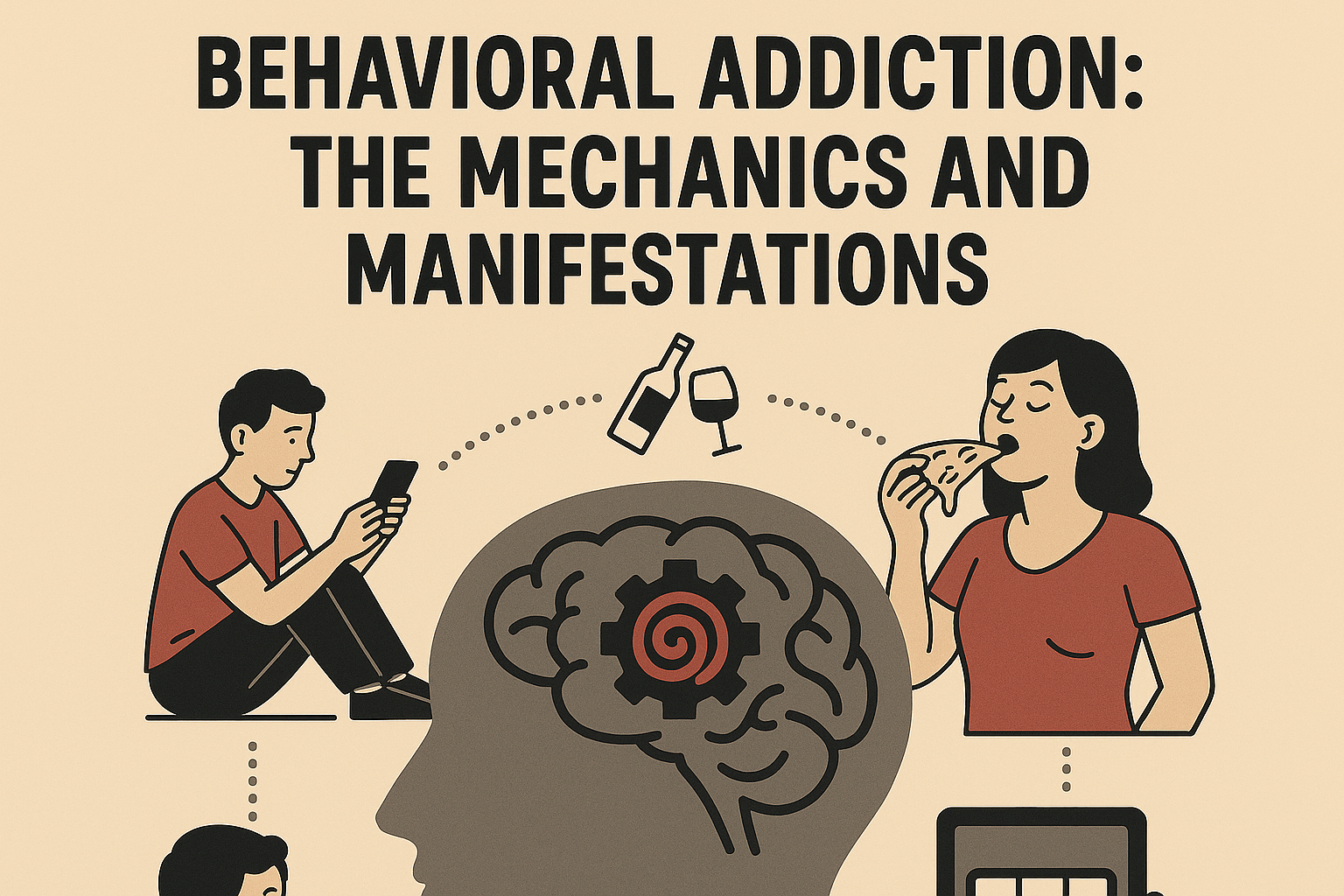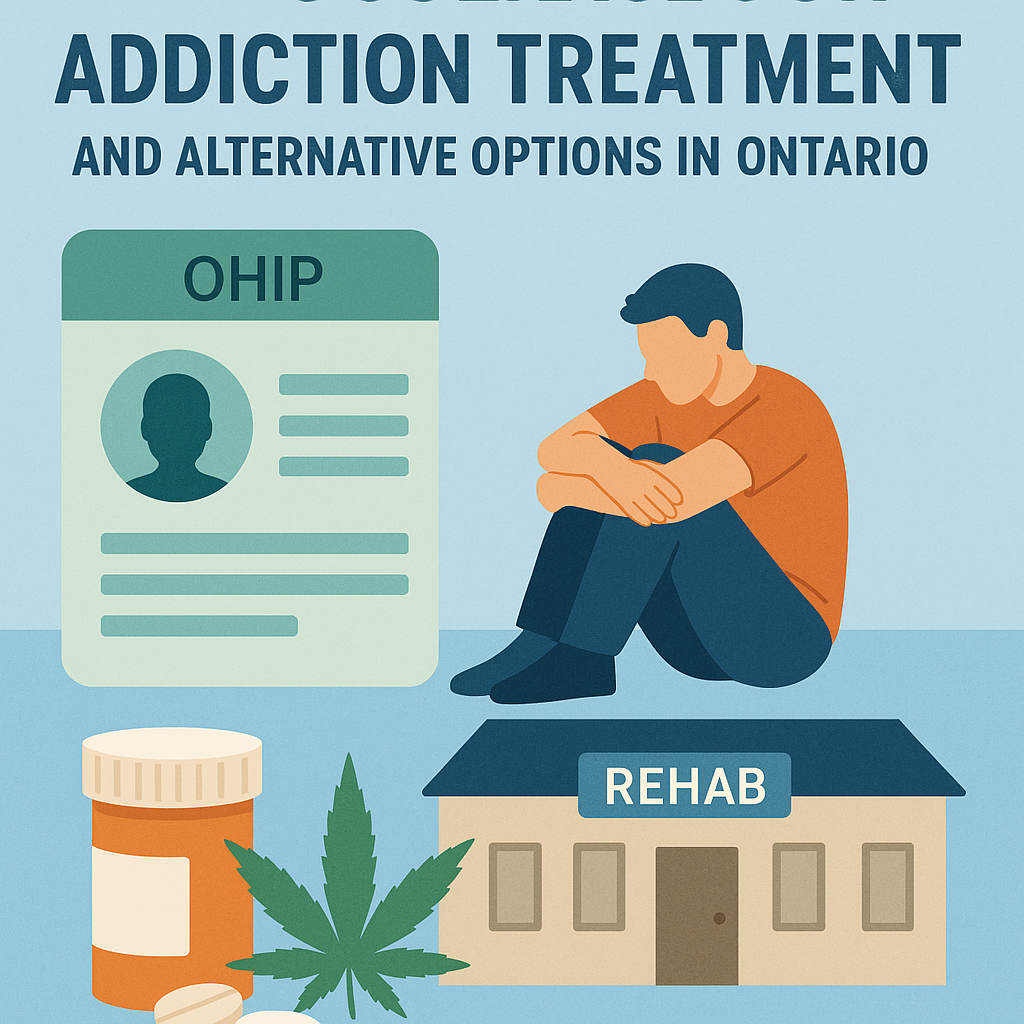
Drug detoxification, or detox, is a crucial step to overcome addiction. The detox treatment program is designed to assist the individual and help them during the withdrawal process. But, the question is, how long does it take to detox?
The answer may seem simple, but the truth is that there is no exact detox timeline. How come?
Let’s get into it.
What is Drug Detox?
The drug detox is the natural process of the body eliminating substances, in terms of addiction, that require medical supervision.
How Long Does It Take to Detox?
The detox timeline varies depending on the type of substance, the metabolism, and the severity of dependency, as the core factors involved.
Based on the level of dependency and the drug, substance withdrawal can cause discomfort and even pose a threat to life if it is not taken care of properly.
However, it is necessary to understand that the detox is not the same as a complete recovery; in fact, it is the first step towards cleaning the body of substances before rehabilitation and behavioral therapy.
Factors That Affect Detox Timeline
There are multiple factors that can affect the detox timeline. However, the length and intensity of detox vary dramatically from individual to individual.
The core factors affecting the detox procedure include
1.Type of Drug
Alcohol detox withdrawal is slightly different from drug detox, as every drug has its own unique chemical structure and half-life, the time it takes for half of the substance to leave the bloodstream.
For instance,
- Alcohol: 5–7 days
- Cocaine: 1–4 days
- Heroin: 4–10 days
- Methamphetamine: 1–3 weeks
- Prescription opioids (e.g., Oxycodone): 5–10 days
- Benzodiazepines (e.g., Xanax, Valium): 2–4 weeks
- Marijuana: Can take 2–30 days or more (due to fat storage)
- LSD/MDMA: A few days, though psychological symptoms may persist longer
2.The Duration of Drug Usage and Its Frequency
This depends on the drug usage patterns, i.e., how frequently a person intakes drugs and in what quantity. As a result, if it is used in an extended period, there will be higher accumulation in the body, and it will take a long time to clear.
That is why a person who is taking drugs daily has a much longer detox process than the recreational or infrequent user.
3.Drug Dose and Potency
That is the crucial thing, high doses or strong formulations such as fentanyl or synthetic marijuana are more difficult to detox from the body. Even with the medical interventions, it takes a lot of time to adjust to the absence of that substance.
4.Person’s Metabolism and Physiology
This contributes a lot to the detox timeline. It includes age, sex, weight, hydration level, condition of the kidneys, liver health, and overall fitness of a person. This determines how efficiently the body will eliminate the toxins.
5.Mental Health and Co-occurring Disorders
People with dual diagnoses (e.g., depression, anxiety) may experience a more prolonged or complicated detox process. Mental health impacts the perception and severity of withdrawal symptoms.
Common Withdrawal Timelines by Substance
Usually, the detox timeline for different substances are as follows
- Alcohol
- 6–12 Hours: Mild symptoms begin (anxiety, tremors, insomnia).
- 12–24 Hours: Possible hallucinations.
- 24–72 Hours: Risk of seizures or delirium tremens (DTs).
- 5–7 Days: Most symptoms subside; some psychological effects may linger.
- Opioids (Heroin, Morphine, Oxycodone)
- 6–12 Hours (short-acting opioids): Onset of withdrawal (muscle aches, agitation).
- 24–72 Hours: Peak symptoms (nausea, diarrhea, cold sweats).
- 4–10 Days: Symptoms gradually lessen.
- Weeks: Cravings and psychological symptoms (depression, anxiety).
- Benzodiazepines
- 1–4 Days: Onset of withdrawal (anxiety, restlessness).
- 7–14 Days: Peak symptoms (insomnia, muscle pain, panic attacks).
- 2–4 Weeks: Gradual tapering often required to avoid seizures.
- Months: Post-acute withdrawal symptoms (PAWS) in some cases.
- Stimulants (Cocaine, Methamphetamine)
- 24–72 Hours: “Crash” period (fatigue, depression).
- 1–2 Weeks: Intense cravings, mood swings.
- 3–4 Weeks: Energy and mood begin to stabilize.
- Marijuana
- 1–3 Days: Irritability, sleep issues, appetite changes.
- 7–10 Days: Peak symptoms for heavy users.
- 30+ Days: THC can linger in fat cells; psychological symptoms may persist.
Detox Isn’t Just Physical: Emotional and Psychological Impact
Drug detox can be emotionally taxing. As the body readjusts to functioning without substances, individuals may experience:
- Anxiety and panic attacks
- Depression or mood swings
- Insomnia and vivid dreams
- Intense cravings
- Irritability or aggression
- Lack of motivation
These symptoms are a natural response to brain chemistry rebalancing. Professional support is crucial during this stage to ensure a person doesn’t relapse due to overwhelming emotions.
Is Medical Detox Necessary?
Not everyone requires medical detox, but for many substances especially alcohol, benzodiazepines, and opioids it can be life-saving.
Benefits of Medical Detox Include
- 24/7 monitoring by healthcare professionals
- Medications to ease withdrawal (e.g., methadone, buprenorphine, diazepam)
- Hydration and nutritional support
- Safer environment, free from triggers
- Mental health assessments
Trying to detox at home, especially cold turkey, can be dangerous and often leads to relapse. Medical detox increases the chances of successful recovery.
Post-Acute Withdrawal Syndrome (PAWS)
Even after the initial detox, some individuals face lingering symptoms, known as Post-Acute Withdrawal Syndrome. These can last weeks or months and may include:
- Difficulty concentrating
- Chronic fatigue
- Sleep disturbances
- Memory issues
- Irritability or sadness
PAWS is especially common in people recovering from opioids, benzodiazepines, and alcohol. While it can be discouraging, ongoing therapy and support can help individuals manage these symptoms and continue progressing.
A Few Natural Ways to Support Detox
Other than taking the medical treatments, there are a few natural ways that can work as a detox support. This includes
- Hydration: There is nothing better than water. Keep up your water intake around 8 to 10 glasses a day, as water flushes out toxins from the body.
- Nutritional Diet: Focus on your eating habits and make them healthy. Add leafy greens, lean protein, fruits, and complex carbohydrates to your diet. Avoid processed food items, sugar, and caffeine.
- Exercise: Become active. Exercise regularly and take part in other physical activities that can boost your circulation. This helps to lift your mood and promotes sweating, which also works as a toxin remover.
- Improve Sleep Cycle: For the healing process, taking rest is essential. Hence, a healthy sleep routine should be established so that the brain can heal and ensure hormonal balance.
- Meditate: Make meditation your habit. Add breathing exercises and do yoga to reduce anxiety and improve mental clarity during withdrawal.
How Long Until the Body is Clean? A General Timeline
As is the common concern, how long does it take for the body to get rid of toxins? There could be multiple ways to detect the presence of substances in the body. Here is the general timeline of toxins in urine.
|
Substance |
Urine Detection Window |
|
Alcohol |
12–24 hours |
|
Cocaine |
2–4 days |
|
Heroin |
1–3 days |
|
Marijuana (occasional use) |
1–3 days |
|
Marijuana (heavy use) |
7–30+ days |
|
Methamphetamine |
3–6 days |
|
Benzodiazepines |
7–30 days (varies by type) |
|
MDMA |
2–4 days |
|
LSD |
1–3 days |
Detox Myth: It is Not a One-Time Fix
Many people believe that once the drug leaves the system, the addiction is cured. However, this is a misconception as addiction is a chronic brain disease, and the detox treatment only addresses the physical dependency.
A complete recovery from drug addiction requires a comprehensive approach that includes
- Inpatient detox or outpatient detox
- Behavioral therapies: CBT, DBT
- Support Groups
- Family therapy
- Ongoing medical care
When is the Right Time to Seek Help?
If someone is suffering from severe substance addiction, it is essential to call for professional help, especially if you begin to observe changes in their behavior, such as
- The inability to stop using it
- Physical symptoms when not using it
- Mood swings or mental health issues linked to drug use
- Legal or financial trouble due to substance use
Summary
The simplest answer to the query how long does it take to detox varies; however, typically, the physical detox can last for a few days to several weeks. But it depends on the drug, the usage patterns, and other health factors.
Yet, you must know that detox is just the beginning, while the complete healing involves psychological recovery, emotional support, and lifestyle changes. No wonder the detox process could be challenging, but with the right determination, recovery is possible.





